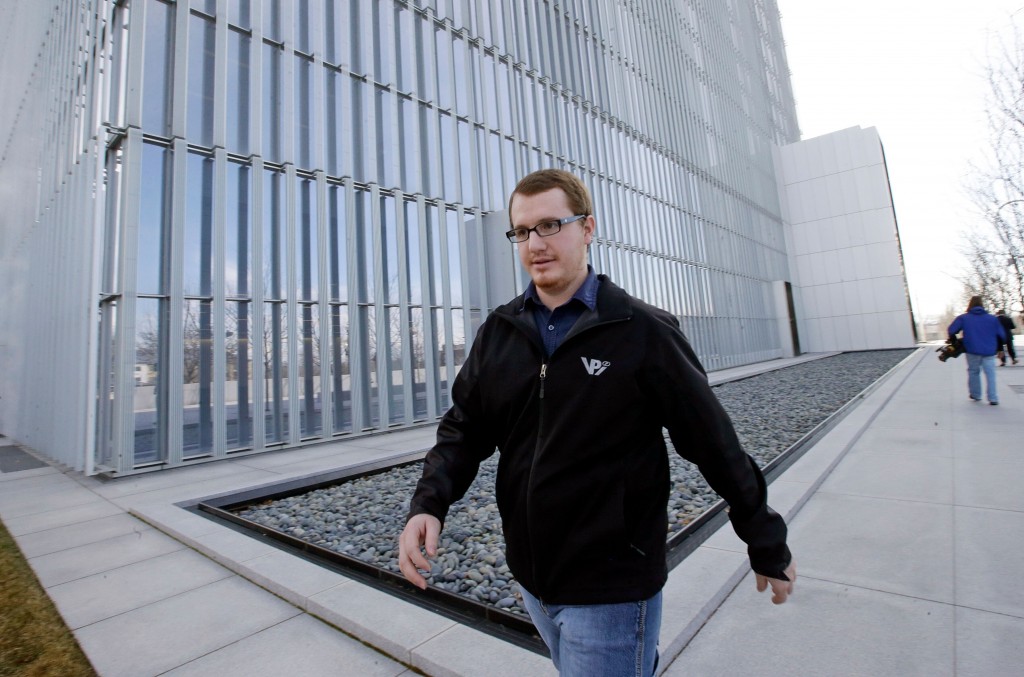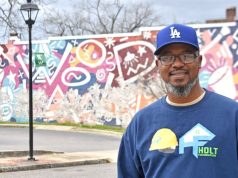BY JACQUES BILLEAUD
ASSOCIATED PRESS

PHOENIX(AP) — A federal attorney argued Wednesday that officials in two Arizona and Utah cities routinely took orders from the leaders of a polygamous sect about who to appoint to government jobs in the communities where people were sometimes arrested on trumped-up charges after they left the church. “How did we get to this in the United States of America?” Justice Department attorney Sean Keveney asked jurors during his closing argument at the civil rights trial involving Colorado City, Arizona, and Hildale, Utah. Attorney Jeff Matura, who represents Colorado City, countered that the federal government is persecuting town officials because it disapproves of their religion.
“Who is discriminating against whom?” Matura asked, contending the federal government has not proven its claims.
The seven-week trial marks one of the boldest efforts by the government to confront what critics have said was a corrupt regime in both towns dominated by leaders from the Fundamentalist Church of Jesus Christ of Latter Day Saints. It also provided a rare glimpse into towns that for decades have been shrouded in secrecy and are distrustful of government and outsiders. Jurors began deliberations Wednesday after the federal government accused the cities of functioning as agents of the sect and discriminating against nonbelievers by denying them housing, water services and police protection. The towns deny the allegations.
Hildale attorney Blake Hamilton said police officers had probable cause to make the arrests cited by the Justice Department. He said hurtful actions – such as sect leader Warren Jeffs excommunicating more than 20 men during a 2004 church gathering – were the work of the church.
“Who did this to them? Not the government,” Hamilton said. “It was Warren Jeffs and the FLDS.”
Dowayne Barlow, a former aide to sect Bishop Lyle Jeffs, and Willie Jessop, former head of church security, were in the courtroom to hear the closing arguments. Both men are now critics of the church and testified earlier on behalf of the federal government. Keveney told jurors that Warren Jeffs – now serving alife sentence in Texas for sexually assaulting his underage brides – sneaks out coded messages from his cell directing actions in the cities. Keveney also cited letters written by town employees to Jeffs while the church leader was a fugitive. In one letter, Colorado City’s mayor asked for Jeffs’ opinion on whom to hire as a new police chief, he said. The Justice Department lawyer also claimed the Colorado City Marshal’s Office ignored widespread food-stamp fraud and male church members who married underage girls. In a separate case, several church leaders have been indicted on charges of food-stamp fraud. Matura, however, noted that Jeffs has been kept in solitary confinement since 2006 and there were no recordings, letters or other evidence that he was directing town affairs from behind bars.
Jurors will decide whether the communities have discriminated against nonbelievers and, if so, whether six people should be financially compensated for emotional distress.
If the jury concludes the cities committed constitutional violations, U.S. Judge Russel Holland would later impose remedies.




